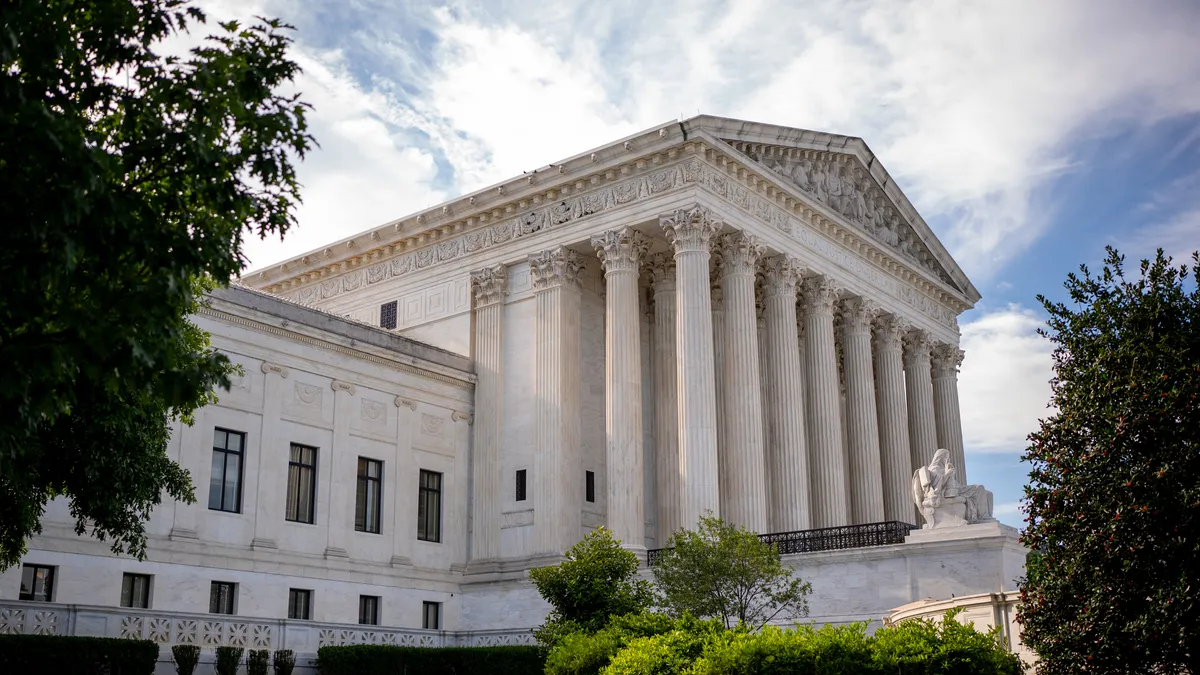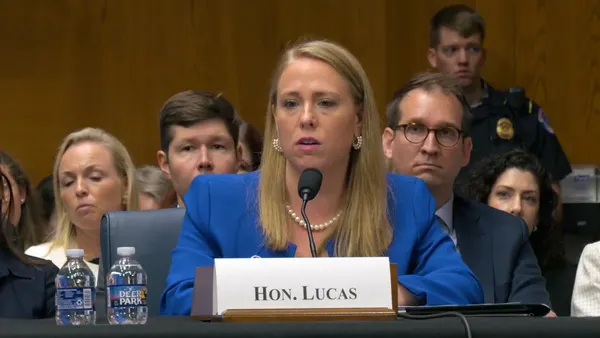A federal appeals court’s “background circumstances” requirement for majority-group plaintiffs who seek to prove job discrimination cuts against both Title VII of the 1964 Civil Rights Act and U.S. Supreme Court precedent, Justice Ketanji Brown Jackson wrote for a unanimous SCOTUS on Thursday.
The court reversed the 6th U.S. Circuit Court of Appeals’ decision in Ames v. Ohio Department of Youth Services, which had dismissed a heterosexual woman’s claim that she was unlawfully passed over for a promotion in favor of a lesbian woman and subsequently demoted, after which a gay man was hired to fill her original role. The plaintiff alleged that those decisions constituted illegal discrimination on the basis of her sexual orientation, which the Supreme Court has said is a form of sex-based discrimination under Title VII.
The 6th Circuit held that the plaintiff could not show background circumstances to support her suspicion that her employer discriminated against her on the basis of her status as a member of a majority group.
Jackson, however, wrote that such requirements flout the Supreme Court’s case law, which “makes clear that the standard for proving disparate treatment under Title VII does not vary based on whether or not the plaintiff is a member of a majority group.”
The court vacated and remanded the case to the 6th Circuit for further proceedings.
Legal experts generally expected the court to rule for the employee in Ames following oral arguments last February, where counsel for both parties appeared to agree that background circumstances requirements in the 6th and other circuits should be struck down.
Though predictable, the outcome comes at a momentous time for workplace discrimination law considering broader political backlash against diversity, equity and inclusion programs, said Eric Tate, co-chair of Morrison & Foerster’s global employment and labor group.
Observers also saw Ames as a potential test case for so-called reverse discrimination claims more broadly, and Thursday’s decision could spur more such claims from plaintiffs alleging discrimination based on their status as a member of a majority group.
“This case can only provide more fodder for that,” Tate said.
SCOTUS’ decision provides employers an opportunity to evaluate their DEI programs to ensure they do not contain unlawful preferences for minority groups or exclusions of majority groups, Jonathan Segal, partner at Duane Morris, said in an email to HR Dive. Employers can review their managerial training on discrimination and harassment to ensure it is similarly evenhanded, he added.
“For example, in discrimination training, make explicit that sex discrimination protects women and men equally; the same analysis applies to race, national origin and other Title VII factors,” Segal said. “In the context of harassment training, be thoughtful about the examples you provide. Not all the ‘villains’ should be majority group members with the ‘victims’ being minority group members.”














